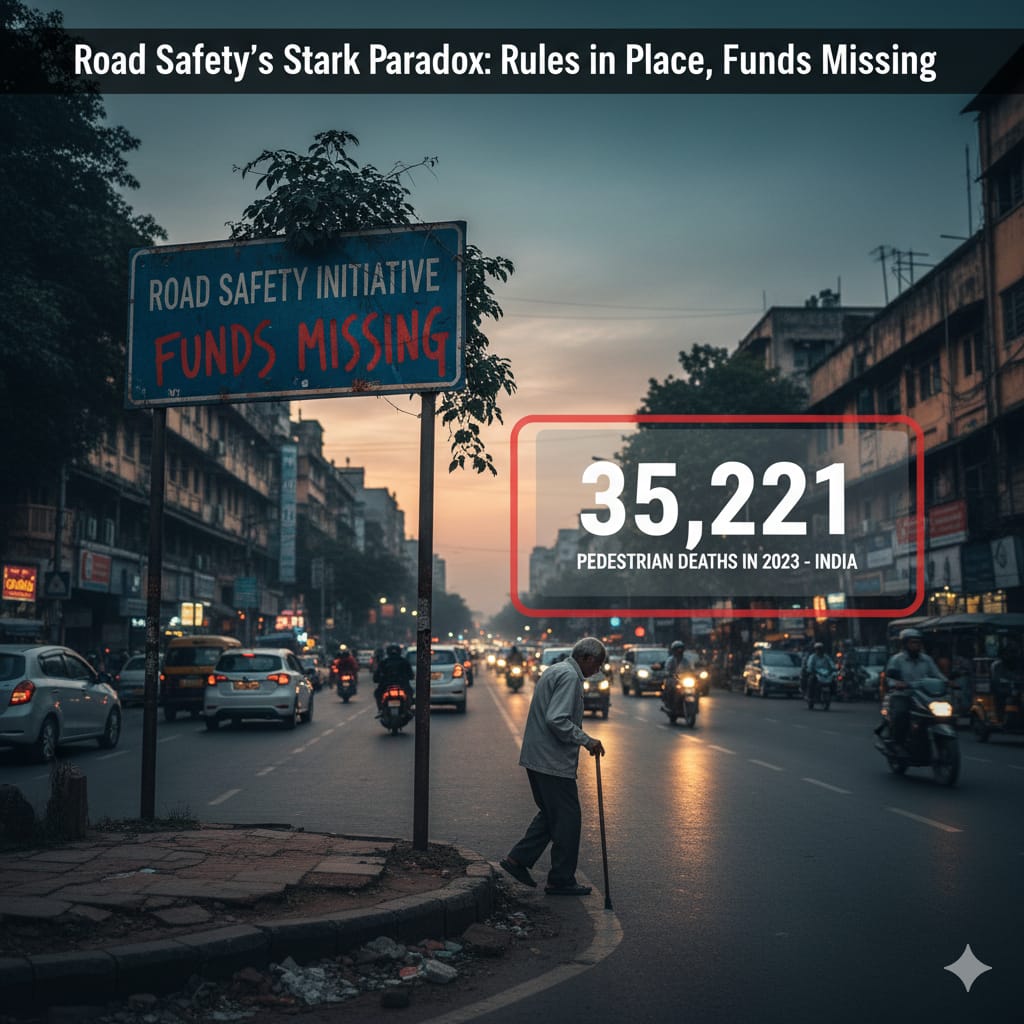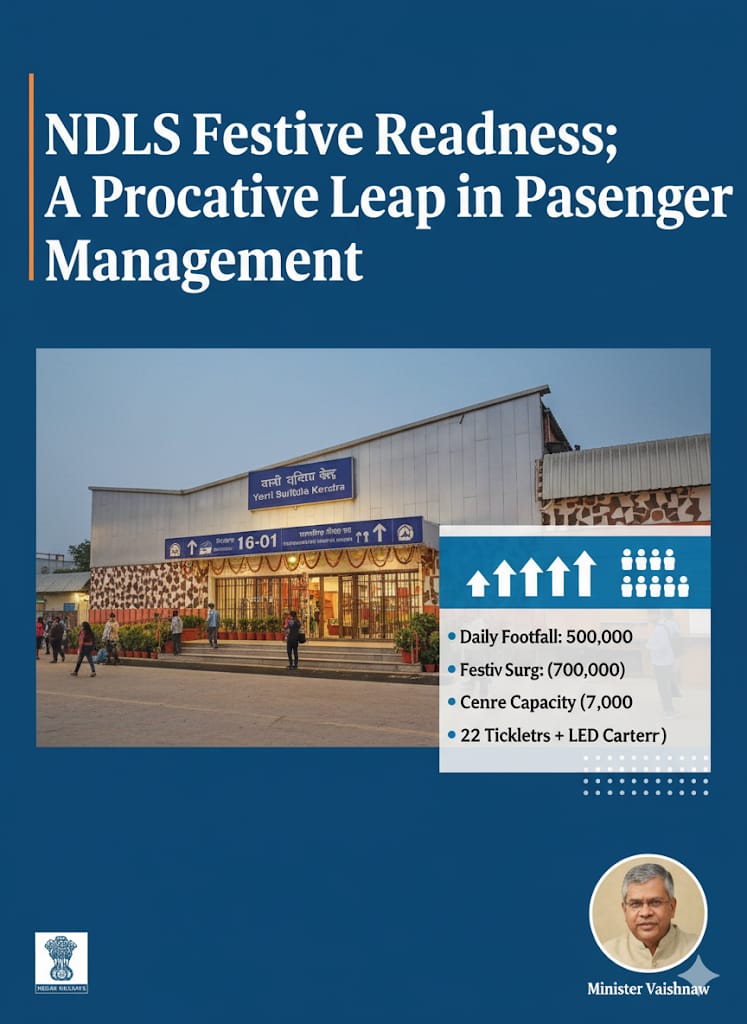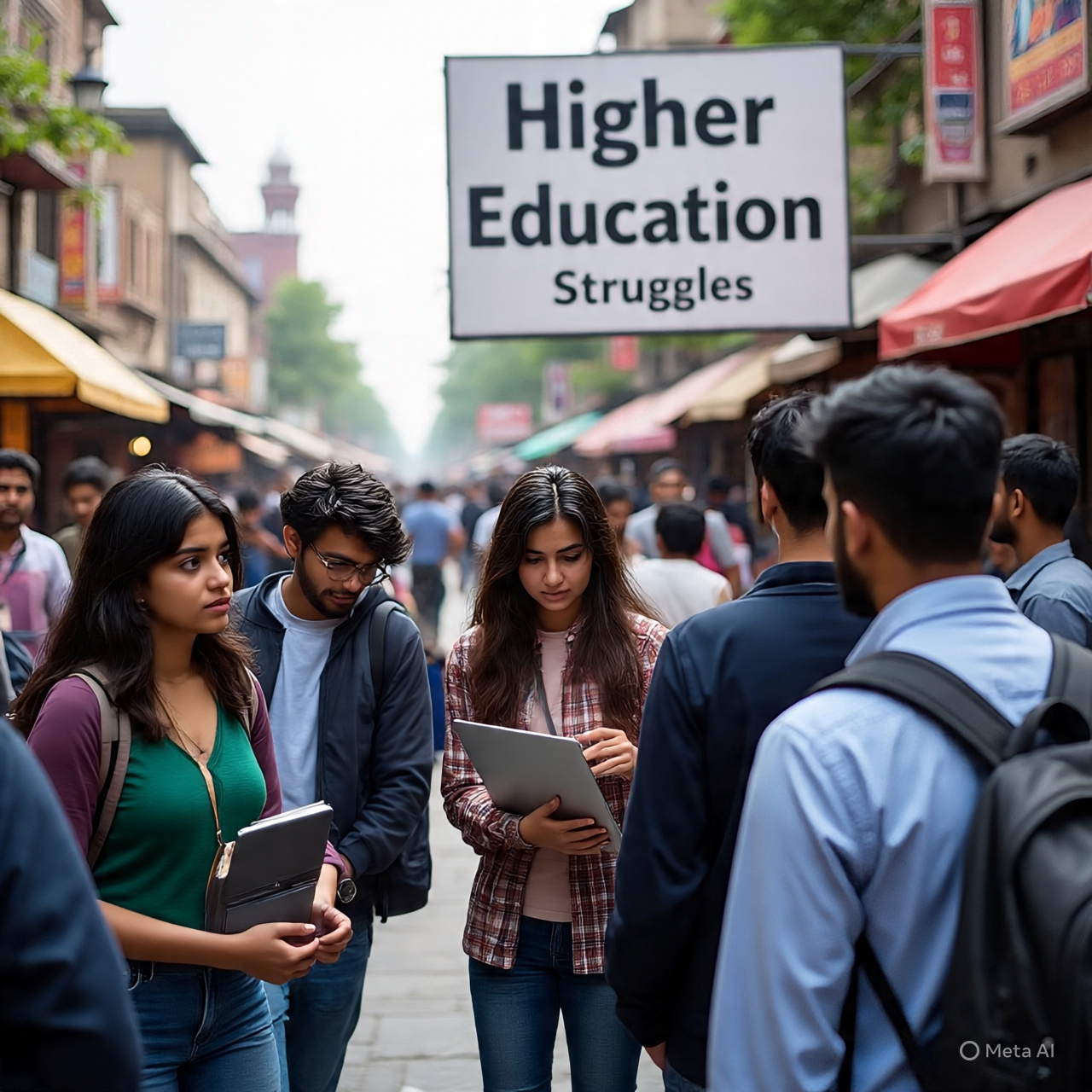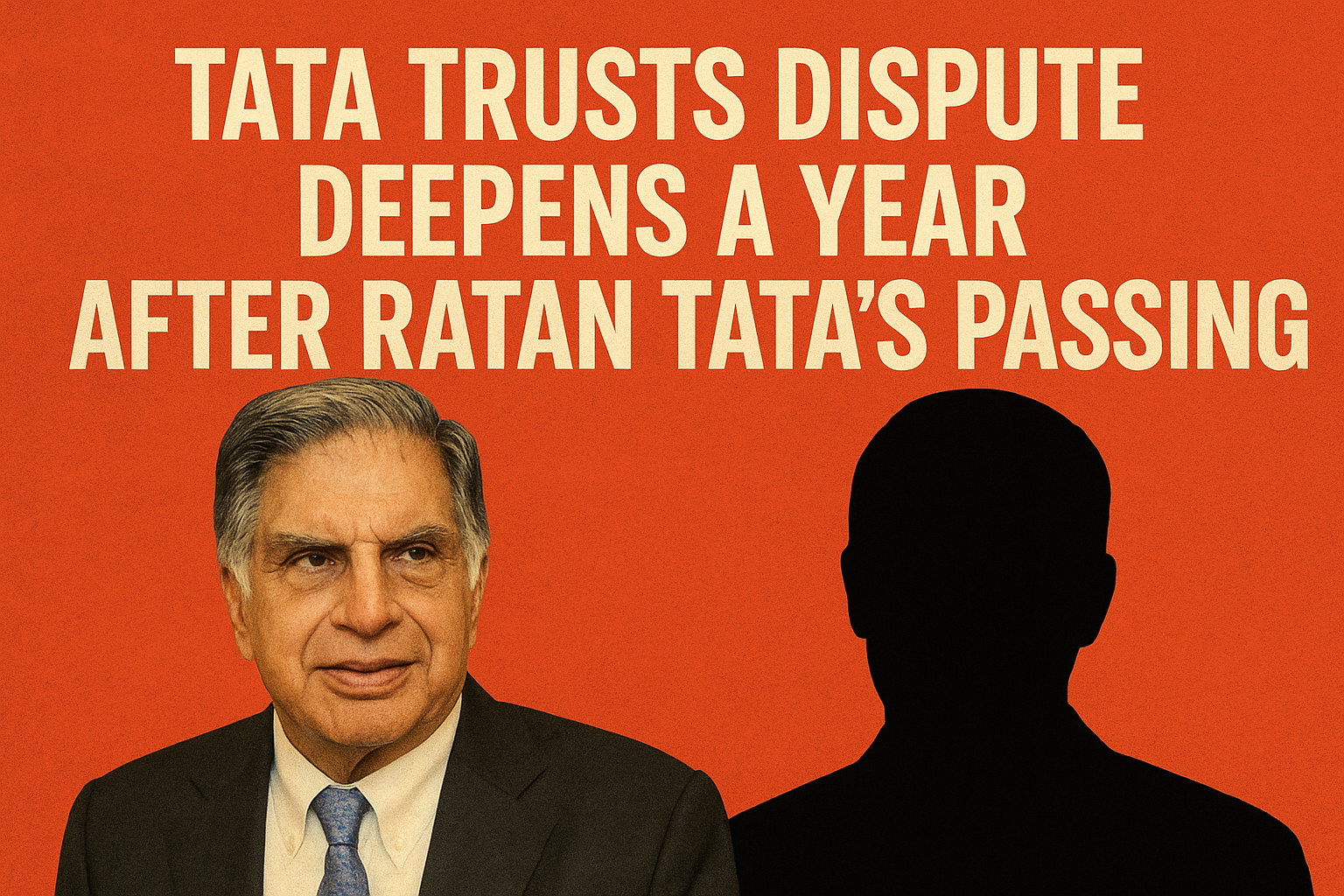.jpeg)
The Bihar government recently decided to restrict the 35% quota for women in government jobs to only those who are permanent residents of Bihar. This decision, taken just months before the 2025 state assembly elections, has created a wave of debate across the state and beyond. While the government claims this move will empower local women and provide them with greater financial independence, a deeper look into Bihar’s condition reveals that the story might not be as straightforward as it seems.
The New Rule
Earlier, the 35% quota in government jobs for women was open to all Indian women. But with the new rule, only those who have a domicile certificate of Bihar can apply under this quota. This means women from other states, who earlier had equal opportunities in Bihar’s public jobs, are now excluded. While this may appear to benefit native women, it also raises concerns of regionalism and exclusion.
Chief Minister Nitish Kumar has also announced the formation of a Bihar Youth Commission, which aims to provide more employment opportunities to the youth of the state. Alongside this, the pension for widowed and differently-abled women has been raised from ₹400 to ₹1,000.
These announcements appear progressive on the surface, but are they enough to tackle Bihar's real problems?
Ground Reality of Bihar
Bihar continues to be one of the most backward states in India. According to the NITI Aayog’s Multidimensional Poverty Index (2021), around 51.91% of Bihar’s population is still poor. The literacy rate in Bihar stands at just 70.9%, which is lower than the national average of 77.7% (as per National Statistical Office data, 2021).
Unemployment remains a major issue. The Centre for Monitoring Indian Economy (CMIE) reported that Bihar had an unemployment rate of around 14.4% in 2023, significantly higher than the national average of 7–8%. Every year, lakhs of Bihari youth migrate to other states in search of work due to lack of local opportunities.
Even with the existing reservation, Bihar has struggled to provide quality education, skill development, and proper job training to its youth and women. So, merely restricting the quota does not guarantee employment or empowerment.
Political Timing
The decision comes just before the upcoming state assembly elections, which are expected to be held in October–November 2025. Many critics are calling this a strategic move by the ruling JD(U) to consolidate its vote bank, especially among women voters, who form a powerful and influential bloc in Bihar.
Opposition leader Tejashwi Yadav has promised to implement “100% domicile” in government jobs if his party comes to power. Union Minister Chirag Paswan also supported the idea of more state-based reservation. This shows that the domicile issue is not about genuine development but is turning into a political weapon.
Exclusion and Inequality
Restricting quotas to domicile women may benefit local candidates, but it also sets a dangerous precedent of excluding others based on regional identity. This can lead to discrimination, reduce competition, and even lower the quality of candidates in the long run.
Moreover, many women who may have lived in Bihar for years but do not have a proper domicile certificate will also be affected. It also goes against the spirit of the Constitution, which ensures equal rights and opportunities to all Indian citizens, regardless of state boundaries.
The Real Solution
The real issue in Bihar is not outsiders taking jobs, but the lack of jobs itself. Instead of focusing only on who gets the limited jobs available, the government should focus on creating more jobs by improving infrastructure, encouraging industries to invest in Bihar, and strengthening education and vocational training.
Women’s empowerment cannot be achieved just through reservation. It requires:
- Safe work environments
- Access to quality education
- Healthcare
- Financial independence through skill training and entrepreneurship
Insightful Take
The Bihar government’s decision to restrict the 35% quota may seem like a step toward empowering native women, but it appears more like a populist move aimed at winning votes. Bihar needs long-term, inclusive policies that uplift everyone, not short-term policies that divide people based on state boundaries.
If the state truly wants to grow, it must look beyond vote-bank politics and focus on real development that benefits all — men, women, youth, and the marginalized.
Only then can Bihar move from being a symbol of backwardness to becoming a model of inclusive progress.




.jpeg)


.jpeg)




.jpeg)








